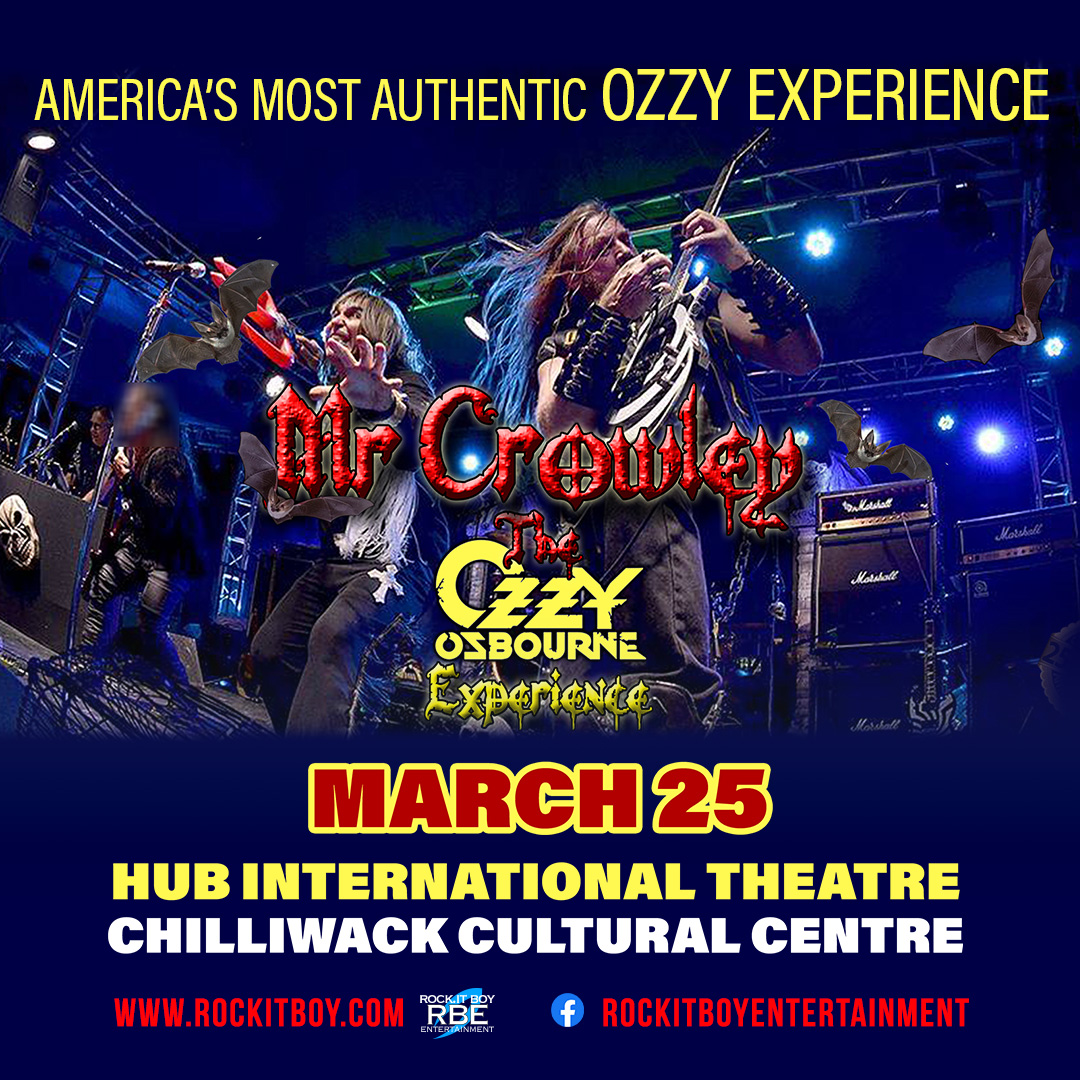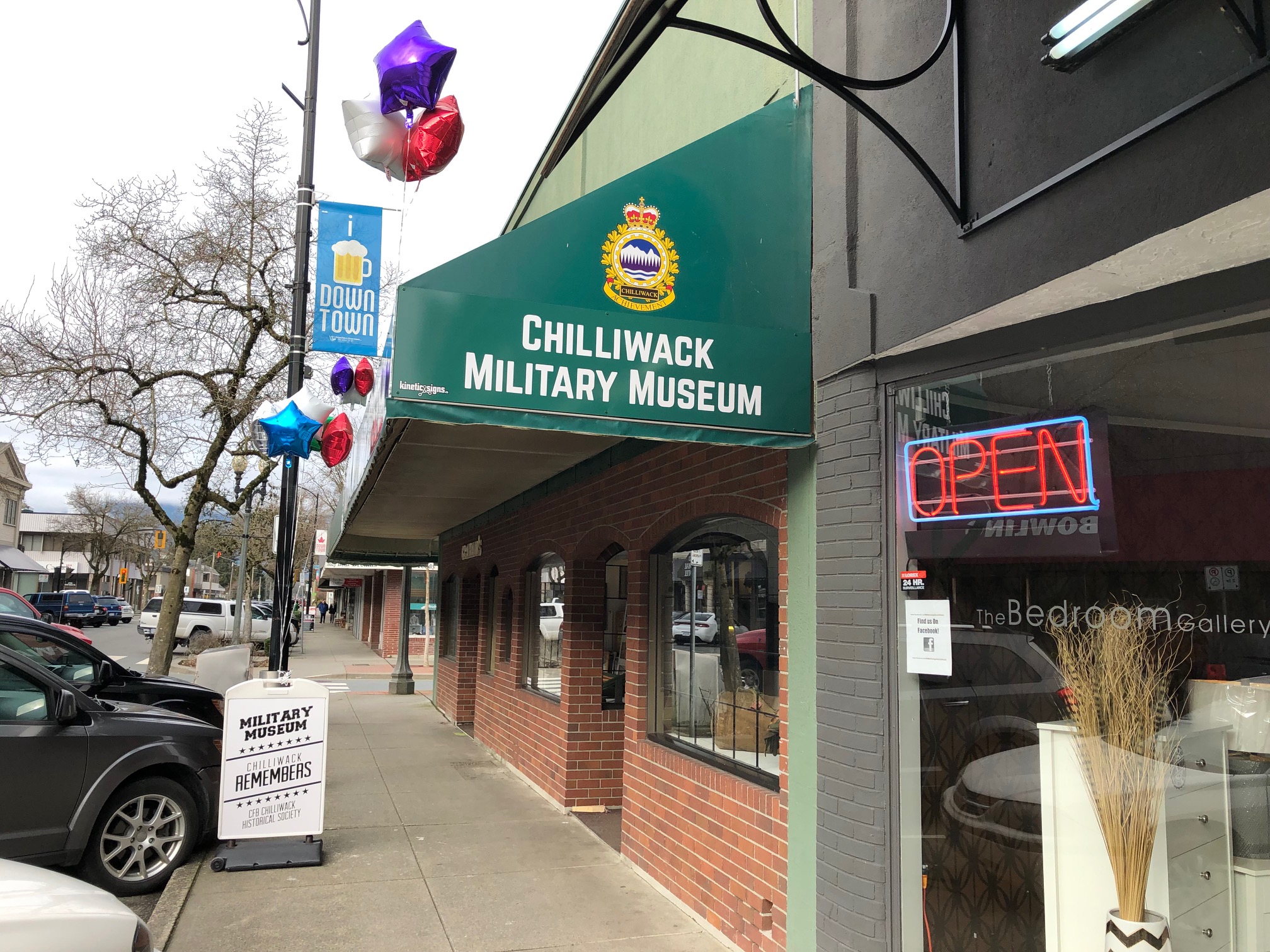One year after its launch on May 30, 2024, the Province’s racist incident helpline is making a difference for people in B.C. experiencing racism, with approximately 94% of callers reporting their needs were met.
The toll-free helpline is available from 9 a.m. to 5 p.m. on weekdays, at 1 833 457-5463 (1 833 HLP-LINE). Service is offered in more than 240 languages, and after-hours callers can request a call back during regular hours. For immediate assistance or in the case of an emergency, people should call 911.
“Racism has no place in B.C., but we know it exists, and we are determined to continue to fight it in all its forms, through all the tools available at our disposal,” said Niki Sharma, Attorney General. “As part of that work, we are proud to provide this resource that is connecting so many people in need with services that can help them heal and reclaim their sense of safety and belonging. We will continue to strengthen and grow the helpline’s network so that nobody ever has to navigate the impact of a racist incident on their own.”
The racist incident helpline is a toll-free, multilingual service for people who have been subjected to discrimination based on the colour of their skin, culture, ethnicity or place of origin. Callers receive support, guidance and referrals to local community-support services. One year after its launch, the helpline has received calls from 807 people seeking help dealing with racism, and has made more than 2,329 referrals to support services. This call volume is more than double that reported by the state of California for the first year its hate helpline was operational (2023-24), despite California’s population being seven times the size of B.C.’s.
“I know this is a long process, but it makes me feel better to talk about everything,” said one caller to the helpline, whose family was experiencing harassment, racism, aggression, micro-aggressions and intimidation from their neighbour on a shared yard. “Thank you for your time and for listening to me. I feel less pressured now. This has been really helpful.”
This caller accepted referrals to resources for tenant rights, legal assistance and mental-health supports.
On average, each caller was directed to three support services, indicating people coping with racism require help on multiple fronts, such as legal advice, peer support and mental-health resources. To help strengthen the efficacy of these support networks, the Province invested $2.2 million in 32 community organizations in the 2023-24 fiscal year, for enhanced services and to better meet the urgent and diverse needs of those affected by racism in their communities.
Racist incident helpline statistics
The Province has collected the following information about the racist incident helpline from its launch on May 30, 2024, to May 29, 2025. Percentages may not add up to 100 due to some callers choosing not to disclose personal details.
- Over this period, the helpline received 807 calls.
- 93.7% of callers said their needs had been met.
- The average call length was 15 minutes.
- In total, the helpline made more than 2,329 referrals to support services.
- This indicates that, on average, each caller required referrals to three support services.
- Approximately 47% of calls were from urban areas and approximately 8% from rural.
- Top rural communities by call volume: 1) Courteney 2) Gibsons 3) Moberly Lake
- Top urban communities by call volume: 1) Vancouver 2) Victoria 3) Surrey
Of callers who voluntarily disclosed their ages, the split is:
- Under 10, 1.1%
- 10-19, 5.8%
- 20-29, 19.6%
- 30-39, 23.2%
- 40-49, 17.7%
- 50-59, 15.7%
- 60 and older, 16.9%
Types of incidents reported include harassment; verbal slurs; threats; physical incidents; and denial of employment, supports, benefits and promotions. Locations where incidents occurred included:
- At the workplace, 22.3%
- With a service provider, 17.2%
- At home or with neighbour, 17.7%
- In a public space, 12.3%
- At school, 9%
- Online, 1.5%
- Others, 12.9%
- Needs expressed by callers:
- Criminal Justice and legal services (e.g. legal services, law enforcement services/agencies, judicial services): 39.4%
- Mental-health and substance-use-disorder services (e.g., mental-health support services, facilities, assessment and treatment): 22.8%
- Organizational/community/international services (e.g., occupational/professional associations, information services, community facilities/centres, arts and culture): 20.4%
- individual and family life (e.g., spiritual enrichment, mutual support, leisure activities, individual- and family-support services, etc.): 8.7%
- Consumer services (e.g., consumer regulation, consumer assistance and protection): 4.6%
- Other (e.g., education, health care, basic needs, income support and employment): 4.2%
- Around 2.6% of callers refused the referrals suggested, while 3% of callers’ needs were unmet due to a lack of programs/agencies available in their area.
BC’s Racist Incident Helpline/flickr








